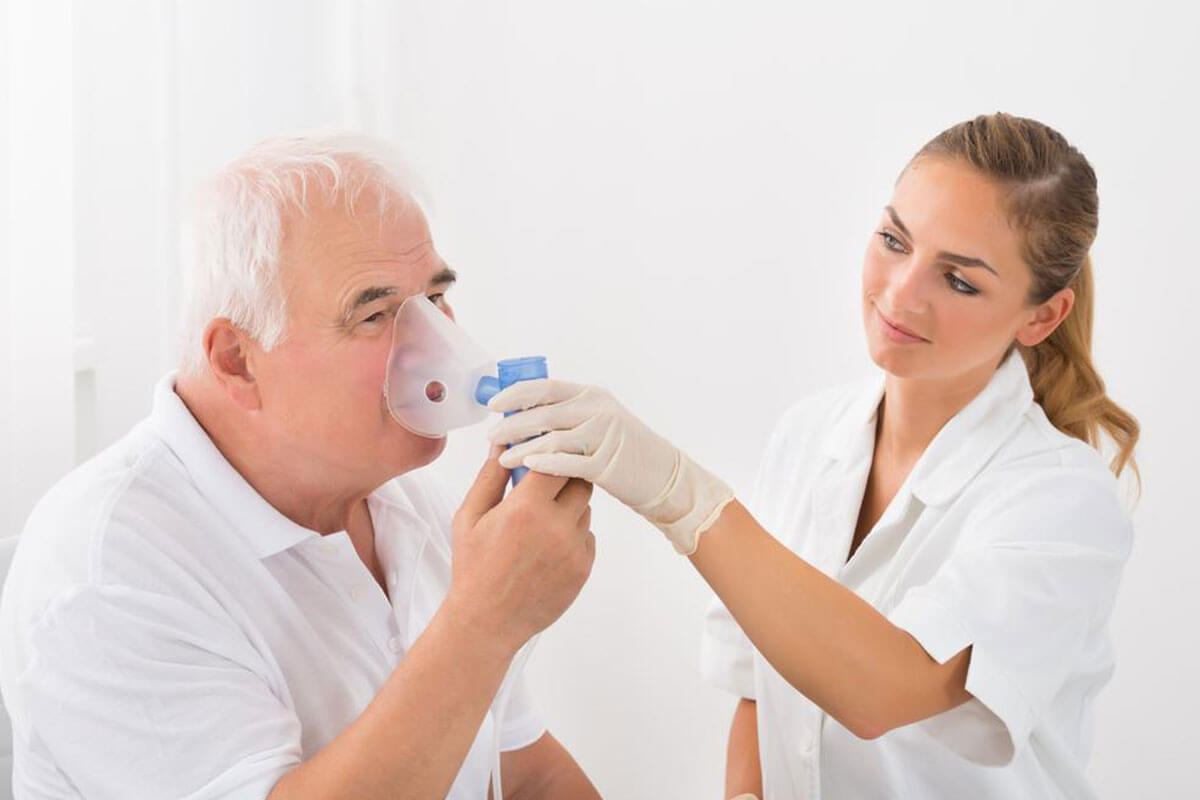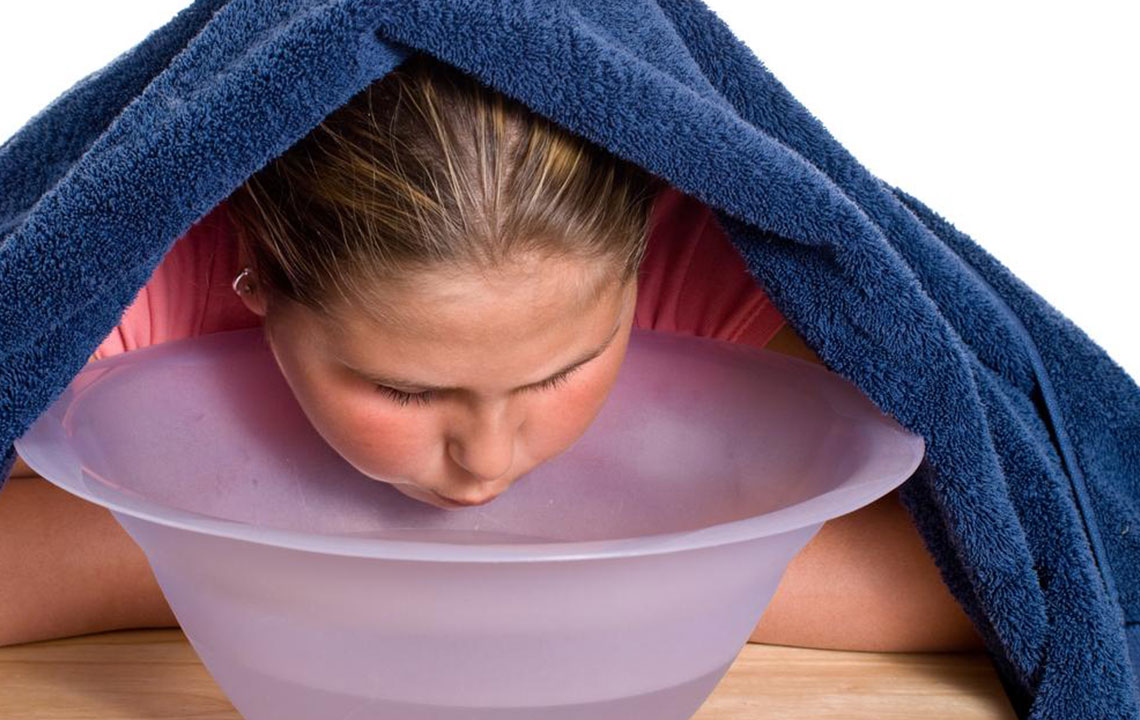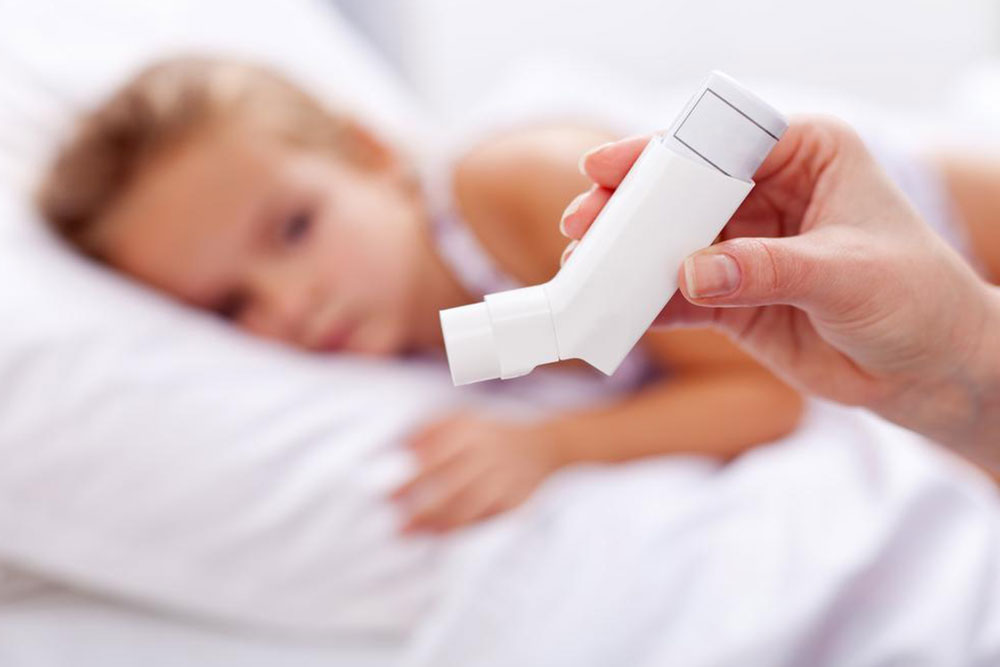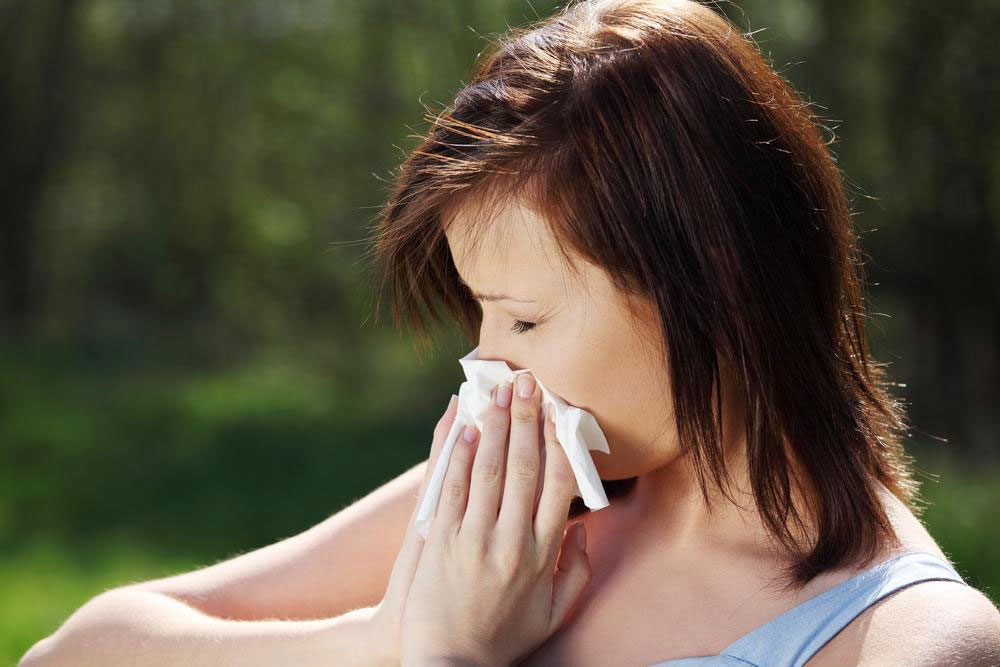Effective Strategies to Prevent Allergy-Induced Coughing
Discover practical tips to prevent allergy-related coughing. This comprehensive guide emphasizes hydration, avoiding pollutants, maintaining cleanliness, and proper bedding hygiene to reduce allergy symptoms effectively. Prioritize preventive measures to enjoy better respiratory health and comfort.

Effective Strategies to Prevent Allergy-Induced Coughing
For individuals prone to allergies, persistent coughing can be a significant discomfort, often feeling like your lungs are strained. This intense cough can sometimes cause minor bleeding due to small blood vessel rupture. Coughing is a reflex triggered by irritation of the throat, nasal passages, and lungs. Allergy-related coughing stems from exposure to dust, pollutants, certain foods, and environmental factors.
Understanding the causes is crucial, and consulting a doctor can provide tailored guidance. Prevention is always preferable, and following these tips can help reduce allergy-induced cough symptoms:
Consume purified water: Ensure you drink only clean, filtered water, especially when outside home. Unclean water can exacerbate allergy symptoms and affect your digestive health.
Avoid smoke and environmental pollutants: Airborne smoke and pollutants from industries or traffic can irritate your respiratory system, leading to congestion and cough. Minimize exposure whenever possible.
Maintain a hygienic environment: Keep your living and working spaces free of dust. Regular cleaning using vacuums and maintaining clean air conditioning filters can reduce dust mites and allergens.
Eat nutritious, home-cooked meals: Preparing meals at home reduces exposure to potential allergens found in outside food and promotes overall health.
Ensure bedding hygiene: Use light-colored, dust-mite-resistant curtains and opt for hypoallergenic mattresses. Regular washing of bedding and curtains prevents allergen buildup.










